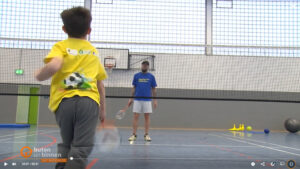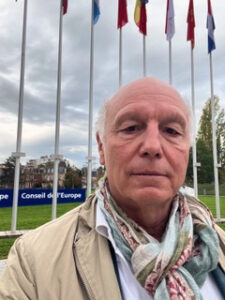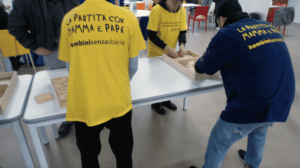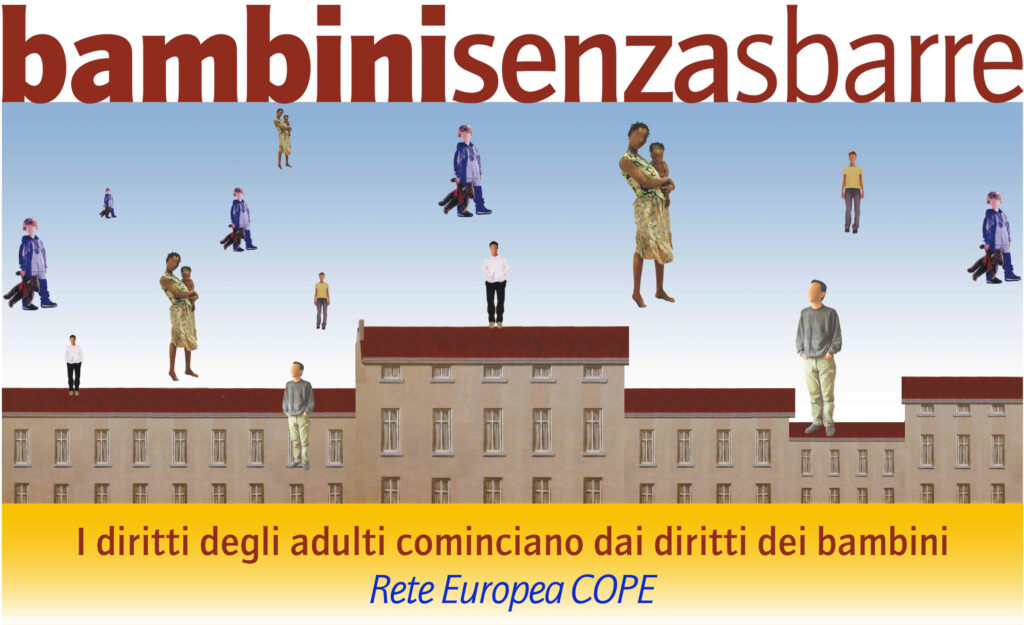‘Without children rights, we cannot hope to build decent and legitimate human societies.‘
Martin has many year’s experience in devising and rolling out international advocacy campaigns for NGOs, international organisations and multinational businesses. He was a reporter for The Wall Street Journal for 15 years and continues to be active in journalistic projects. Martin sits on the board of COPE and of its Belgian member, Relais Enfants-Parents.
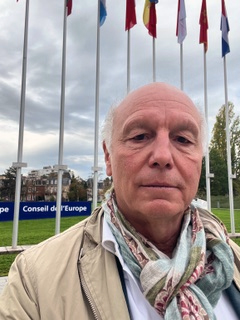
What is your work in COPE?
I’m a member of the COPE board. I’m also on the board of COPE’s Belgian member, Relais Enfants Parents.
What is your background?
I’ve been active as a consultant in European public affairs. Before that, I worked many years as a reporter for The Wall Street Journal, based in Brussels and covering a wide range of political and business topics.
Why your commitment in children’s rights?
Without children rights, we cannot hope to build decent and legitimate human societies.
What brought you to organise the GWMD campaign?
By rolling out GWMD on a pan-European scale, across national borders, these children will realise that they aren’t alone. Together, one day, they will make their voices heard.
What is the aim of GWMD?
To draw a spotlight on the existence of hundreds of thousands of children who have a parent in a European prison. They are, by and large, ignored by policy makers. This has got to change.
Do you think that GWMD could be useful for children with imprisoned parents? And why?
The games bring joy to the children. With joy comes resilience and stamina. It’s empowering.
What does GWMD mean for COPE and its members?
It’s a great example of how civil society organisations can work together toward a shared goal, by applying a common but flexible model to accommodate the many different local conditions and realities. Execution is local, the goal is European — and indeed universal as we’re seeing the GWMD model being embraced in other parts of the world, in Asia and Latin America.
What was the feedback from COPE members?
They love it. They can see that it works.
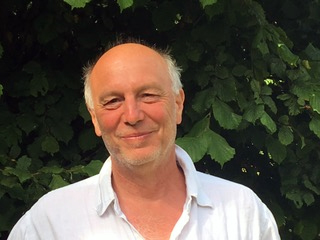
What are the reactions of the prison administrations?
While there may be some initial resistance based on security concerns, many prison administrations clearly see the value of helping these children by providing, if only for a day, a chance to strengthen and deepen the child-parent bond. Some have become real champions of GWMD.
Do you think that GWMD is a good advocacy and communication tool for COPE, especially towards local national and international institutions?
Yes, it provides a novel way of building a relationship with important stakeholders. They beauty of GWMD is that it doesn’t take much explanation. A child, a parent, a game. People immediately get it.
What is involved in organising a project like this?
A lot of preparation goes into organising each game. Careful preparation, together with the children, is very important.
How many countries have joined the GWMD campaign?
I’ve lost count. About a dozen so far and the number is growing.
Do you think that GWMD is a good way to engage new members in the COPE mission?
Yes, absolutely. It’s also a great way to stress the importance of child safeguarding and the active participation of the children. You’ve got to listen to what they have to say.
Did COPE members understand the aim of GWMD?
Oh, yes, absolutely.
What is your task in the GWMD project?
I’m involved in advocacy, fundraising and the international promotion of the model.
What other effective actions would you propose to COPE members in addition to GWMD?
If you have a good model or new ideas, come and talk to us.
